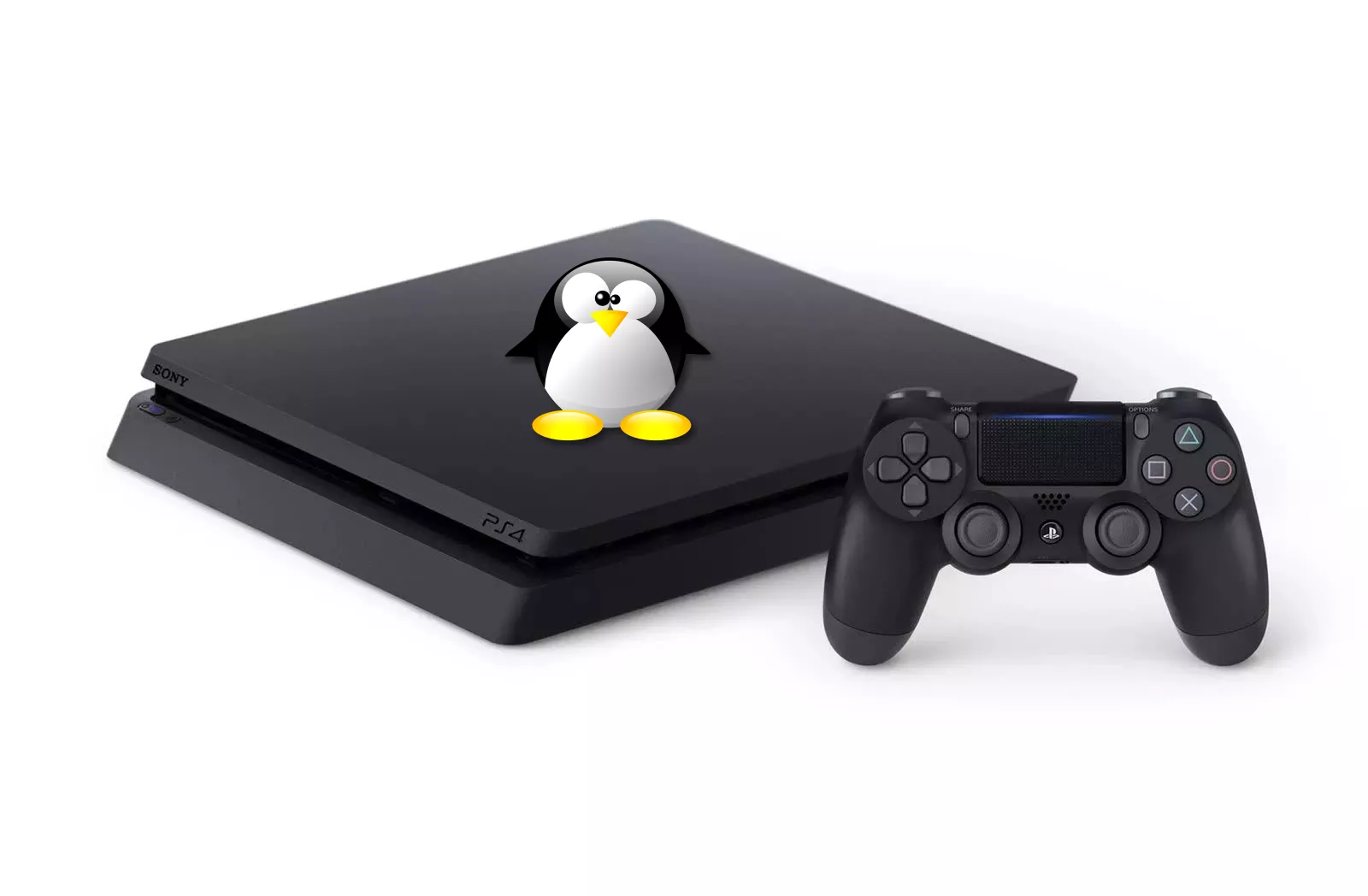Something to look forward to: Although still on baby steps, PS4 emulation started to stride more firmly with a recent significant update to Spine, a PS4 emulator for Linux. Right now, it can competently run 2D games, and while it seems that running Sony's big exclusive titles through emulation is still far from reach, the perspective moving forward is optimistic. Hopefully development can pick up even more pace when Spine eventually goes open source.
PS4 emulation is starting to get real. Earlier this month, there was a new significant update to the promising closed source project called Spine, a PS4 emulator that runs on Linux and is in private development by Reddit user devofspine.
Although work on the software started a good while ago, with a somewhat timid release in June 2019, the project is still in early stages of development. According to devofspine, going open source right now could be risky, with too many hands on the code potentially hindering progress. This could "dilute the effort in such an early stage," the dev says. There is expectation, however, to open the project to the public in the future.
Still, Spine seems to show a lot of promise, as it presents itself ahead of concurrent emulator project Orbital. According to this post from Wololo.net, Spine has been tested with approximately 1,000 games and was successful in running about 35% of them, while 40% could only show game intros and 25% didn't run at all. Smaller 2D titles, in particular, worked well via emulation. All of this is documented in a compatibility list that goes with the emulator's files.
In the video above, we can see emulation is not perfect, as some text elements end up distorted or don't get displayed at all. Still, the performance seems decent to consider the game playable, with stable frame rates, accurate exhibition of sprites, and clear sound.
Spine will certainly need some more development time, as it doesn't yet allow customized setup of controls and lacks a GUI, but it surely has succeeded in its first steps into becoming another tool for the preservation of games as an art form, just like other emulators that are now perfectly capable of running old time classics from acclaimed consoles like the SNES, Genesis, PlayStation 1 and 2 and many others.
